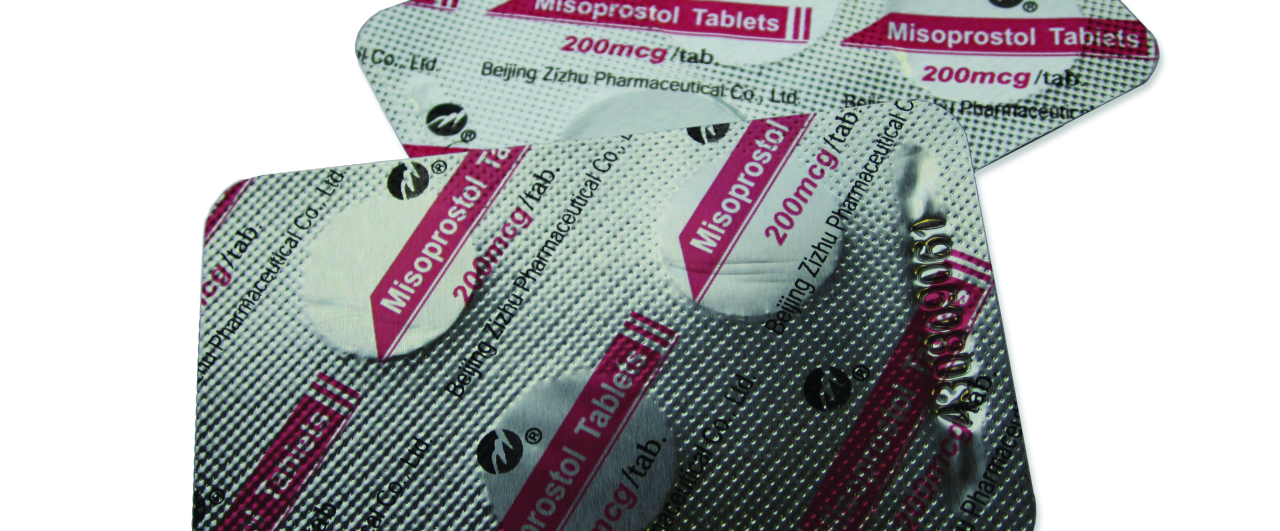Study
Published in Healthcare (MDPI)
Conducted by academic partners with support from Ipas Democratic Republic of Congo (DRC), this groundbreaking study investigates real-world access to abortion pills in Kinshasa, DRC. Using a mystery client approach—where trained researchers pose as real clients to document their experiences—this study captured what actually happens when people seek abortion pills at pharmacies in Kinshasa.
Main takeaway
In Kinshasa, abortion pills are inconsistently available in pharmacies, and the quality of information provided depends on who’s asking. Male partners received the least accurate guidance—posing real risks for people relying on others to help them access care. Only 23% of providers gave correct dosage information, and even fewer explained what to expect during the process.
Why it matters
Self-managed abortion with pills can be a safe, empowering option. But without clear, accurate information—like how much to take, when, and what symptoms are normal—it becomes less effective and more stressful. By showing what actually happens during pharmacy visits, this study reveals barriers that data alone often miss. It also surfaces an urgent need to support pharmacy staff with better training and guidance.
Key Findings
-
Misoprostol (the second drug in the recommended two-drug regimen) was available at 40% of pharmacies visited. The combined regimen (mifepristone + misoprostol) was available at fewer than 2%.
-
Only 23% of pharmacy staff gave correct dosage instructions for misoprostol; just 2.4% did so when talking to male partners.
-
Fewer than 11% of providers explained what to expect during the abortion.
-
The quality of information varied by neighborhood, prescription status, and client profile—highlighting inequities in access.
Noteworthy
This is one of the first studies to use a mystery client methodology to examine access to abortion pills in Kinshasa. That’s significant: Abortion is often underreported and misunderstood, and pharmacy-based care can be hard to measure. This approach captured the reality of what people hear when they ask for help, showing where systems break down and where change is possible.
By documenting real experiences, this study offers a powerful lens for improving care, closing equity gaps, and ensuring that everyone who seeks abortion with pills can do so safely and confidently.


